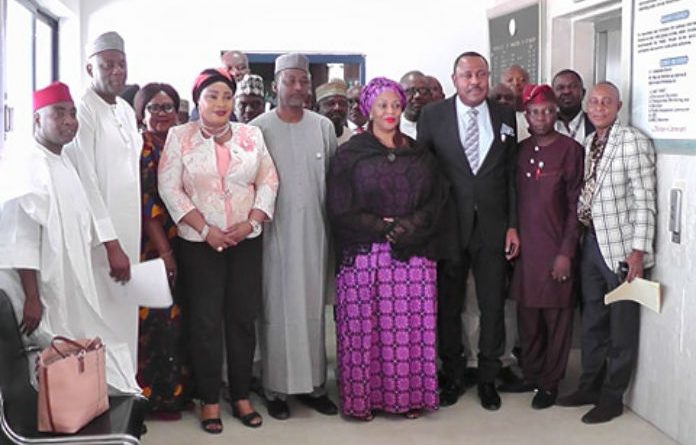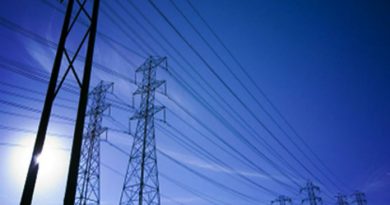Nigerian Ports Most Expensive in West Africa – Saraki
The Minister of State for Transportation, Sen. Gbemisola Saraki has described Nigerian ports as the most expensive in the West African sub region occasioned by duplicity of functions by operators in the ports.
The Minister of State, who was speaking when she received Association of Nigerian Licensed Customs Agents (ANLCA) in Abuja on Monday in a courtesy call, said that the high cost of operation has made it difficult for Nigeria to compete with other neighbouring countries. “Nigeria is supposed to be the biggest player and the cheapest player but unfortunately, we are not. But I assure you that changes will be witnessed as we will soon be efficient and effective, “she said.
On the issue of Nigeria becoming dumping ground for empty containers which also contributes to the gridlock in Apapa, she said: “the problem is not a hidden one, everyone knows that and I assure you that we will soon unveil plans which will surely bring about positive changes”.
Furthermore, the Minister of State lauded the organization for their commitment in bringing about changes in port operations and urged them to always avail themselves for robust discussion as that is the only way the Ministry can know whether the policies set by government are working or not.
Earlier, the National President of ANLCA , Iju Nwabunike, said their visit became necessary to keep the Minster of State informed about the happenings in the area she superintends so as to guide her in decision making in the discharge of her duties.
Mr. Nwabunike, further commended the Ministry for the revival and growth of Council for Regulation of Freight Forwarding in Nigeria and stated that his association is in support of collection of Practioners’ Operating Fees (POF), as it will bring about improvement in transport chain and the training of their members as professionals.
Enumerating their challenges which are many, the National President pleaded with the Minister of State to ensure the urgent repairs of the port access roads and also ensure automation of transactions at the terminals to minimise human contacts, facilitate trade and guarantee ease of doing business.




